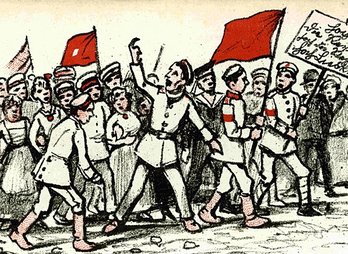
Fighting Fascism: Communist Resistance to the Nazis, 1928-1933
John K, January 7, 2019
The failure of the German left to unite against Hitler is often used as a warning to those who fail to build unity with liberals in order to stop the far-right. Why did the German Communists and Social-Democrats not unite against the Nazis? John K argues not all blame can be placed on the Communists for their failure to build a proper united front, as their uneasy relationship with the Social-Democrats was based on the treacherous behavior of the Social-Democrats themselves. We publish this despite believing that the reductionist and ultra-left politics promoted by the Stalin-dominated Comintern deserve heavy critique and that ultimately the party made major strategic and political errors in leading the working class with its lack of democratic flexibility and exercise. Read Article.
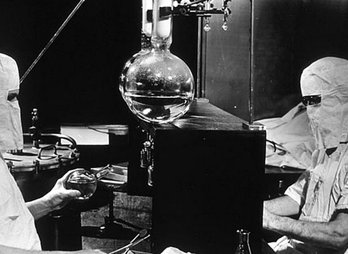
Eugenics 2.0: How Dialectical Materialism can end the Nature vs. Nurture debate
Nafis Hasan, January 1, 2019
Race "science" has not disappeared, and with the rise of xenophobic nationalist politics, it is making a comeback in the form of vulgar genetic determinism. The classic nature vs. nurture debate is returning, with right-wing ideologues firmly on the side of "nature". Nafis Hasan argues that through dialectical logic we can overcome the nature vs. nurture debate and understand the human species in a way that doesn't bow before genetic reductionism. Read Article.
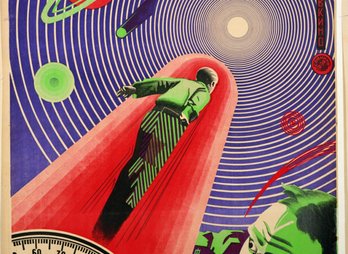
Long, Queer Revolution
Nia Frome, December 29, 2018
Revolution won't follow a neat and clean schema, fitting easily into one stage or another, argues Nia Frome. Instead, revolution will be a long process, a process that cannot always be categorized with preconceived definitions. The ideal of revolutionary vision never fully survives contact with the messy and unpredictable realities of political change. Read Article.
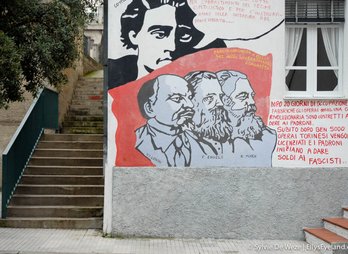
Alienation and Social Reproduction among the Subaltern
Christian Noakes, December 22, 2018
Christian Noakes argues that the theoretical work of Antonio Gramsci, put in historical context, can help us understand the issues of sectarianism among oppressed groups that pit the oppressed against one another and the need to move beyond such sectarianism for a project of universal human emancipation. Read Article.
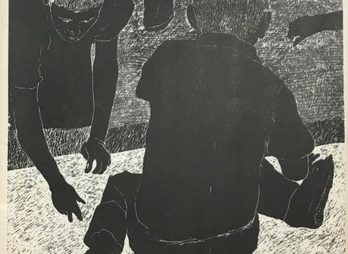
Shame and Misery: A Materialist History of Gay Politics
Gus Breslauer, December 16, 2018
With its origins in the onset of the free labor system, Gus Breslauer traces the history of gay politics from the development of capitalism, through WWII, Gay Liberation, AIDS, and Queer Theory. In conclusion, Breslauer argues for a return to Marx’s view of labor for a renewal of a viable gay politics, and ultimately locates gay liberation in a broader break with this world for a classless society. Read Article.
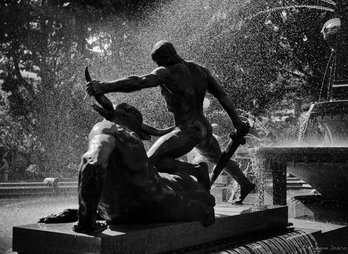
Critique of the Masculine Program
Cold and Dark Stars, December 11, 2018
How is masculinity socially constructed? Cold and Dark Stars looks at the "warrior program" of socializing men into warriors that begins in the earliest days of civilization and its crisis in an increasingly administrated world, leading to a form of alienation that is especially susceptible to reactionary politics. Read Article.

Building the Mass Party: The Merger Formula in the American Context
Rosa Janis, December 9, 2018
What will it take to build a mass socialist party in the United States? Rosa Janis argues that socialist think-tanks may be a necessary first step, as well as a movement to reform electoral and labor laws through "anti-entryist" candidates. Read Article.
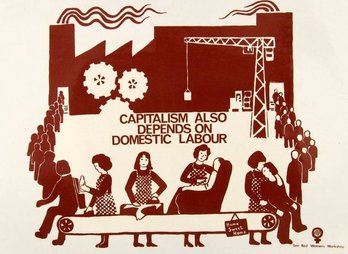
On Women As A Class: Materialist Feminism and Mass Struggle
Alyson Escalante, December 4, 2018
The relationship between gender and capital is complex, but a materialist approach to both requires us to recognize the centrality of proletarian revolution for the liberation of women, writes Alyson Escalante. Read Article.
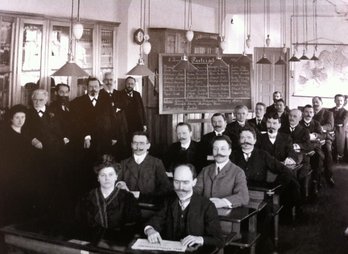
A Worker on Workers' Education
Rida Vaquas, November 29, 2018
Translation and introduction by Rida Vaquas. The original article can be found here. Read Article.

May 1968: The Birth of Neoliberalism?
Donald Parkinson, November 24, 2018
The May events in 1968 France are now remembered by some as merely a watershed for the rise of neo-liberalism. Donald Parkinson aims to complicate this narrative and looks at the role of the French Communist Party's historical legacy. Read Article.